EPIRUBICIN - INJECTION
PHONETIC PRONUNCIATION: (epp-ih-REWB-ih-sin)
COMMON BRAND NAME(S): Ellence
GENERIC NAME(S): epirubicin HCl
Uses
USES: Epirubicin is used to treat breast cancer. It belongs to a class of drugs known as anthracyclines and works by slowing or stopping the growth of cancer cells.
How to use EPIRUBICIN - INJECTION
HOW TO USE: This medication is given by injection into a vein by a health care professional, as directed by your doctor. Dosage is based on your medical condition, body size, and response to treatment. If this medication touches your skin, immediately wash the area well with plenty of water. You may also use soap and water or a mixture of baking soda (sodium bicarbonate) in plenty of water. If this medication gets in your eye, open the eyelids and flush with water for 15 minutes, then seek immediate medical attention. Drink plenty of fluids while using this medication unless otherwise directed by your doctor. Doing so helps decrease the risk of certain side effects (e.g., increased uric acid).
Side Effects
Precautions
Interactions
Overdose
Images
Reviews
Faq for EPIRUBICIN - INJECTION
Epirubicin Injection is an anticancer medication used to treat various types of cancer, including breast cancer, lymphomas, and certain types of stomach or bladder cancer.
Epirubicin Injection is given as an intravenous (IV) infusion by a healthcare professional in a hospital or clinic setting.
Common side effects of Epirubicin Injection may include nausea, vomiting, hair loss, fatigue, mouth sores, and changes in taste. It may also cause low blood cell counts, increasing the risk of infection and bleeding.
The dosing schedule for Epirubicin Injection varies depending on the type of cancer being treated and other factors. Your healthcare provider will determine the appropriate dose and frequency of administration.
Epirubicin Injection can harm an unborn baby, so it is generally not recommended during pregnancy. Consult with your healthcare provider for specific guidance if you are pregnant or planning to become pregnant.
Epirubicin Injection may be used in children, but the dose and administration will be determined by the child's healthcare provider based on their condition.
Certain medications, including those that may interact with Epirubicin Injection and increase the risk of side effects or decrease its effectiveness, should be avoided. Inform your healthcare provider about all medications you are taking.
Warning
WARNING: Epirubicin must be given only by injection slowly into a vein. Do not inject into a muscle or under the skin. If this medication accidentally leaks into the skin/muscle around the injection site, it may cause severe damage. Tell your doctor right away if you notice redness, pain, or swelling at or near the injection site. This medication may rarely cause serious (rarely fatal) heart problems (including heart failure). This may occur both during treatment or months to years after treatment is completed. The risk of heart problems is affected by your dose, medical history (including previous heart disease, radiation treatment to the chest area), and previous use of this and other drugs (including doxorubicin). Tell your doctor right away if you notice symptoms such as fast/slow/irregular heartbeat, shortness of breath, swelling ankles/feet, unusual tiredness, or unusual/sudden weight gain. Epirubicin may cause certain severe blood and bone marrow disorders (low or abnormal red blood cells/white blood cells/platelets). This can affect your body's ability to stop bleeding or fight infection. Tell your doctor right away if you develop unusual tiredness, easy bleeding/bruising, or signs of infection (e.g., fever, chills, persistent sore throat). Very rarely, people with cancer who are treated with this type of medication have developed other cancers (e.g., secondary leukemia). The risk may be increased when this medication is given with certain anti-cancer drugs (especially in high doses) or radiation treatment. Consult your doctor for more details. Before starting treatment with this medication, tell your doctor if you have liver problems. Your dose may need to be adjusted.
Disclaimer
IMPORTANT: HOW TO USE THIS INFORMATION: This is a summary and does NOT have all possible information about this product. This information does not assure that this product is safe, effective, or appropriate for you. This information is not individual medical advice and does not substitute for the advice of your health care professional. Always ask your health care professional for complete information about this product and your specific health needs.
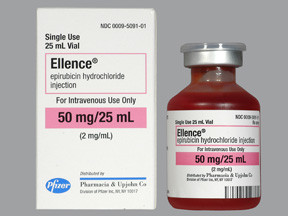

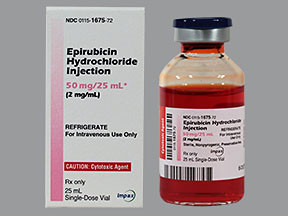
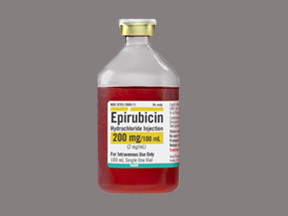
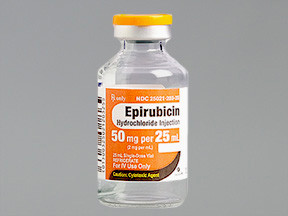
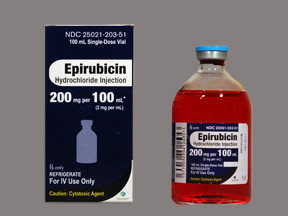
No Reviews Yet